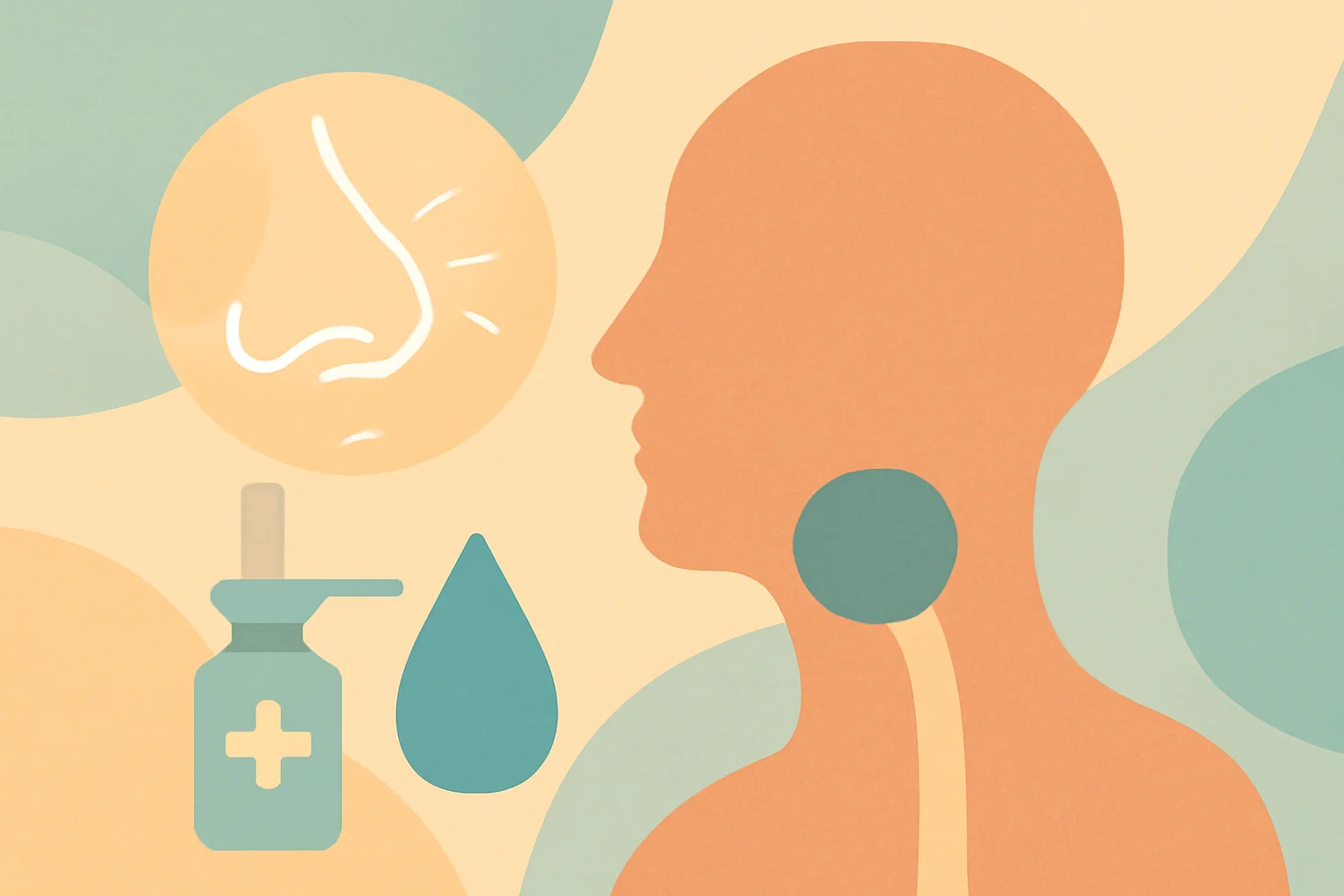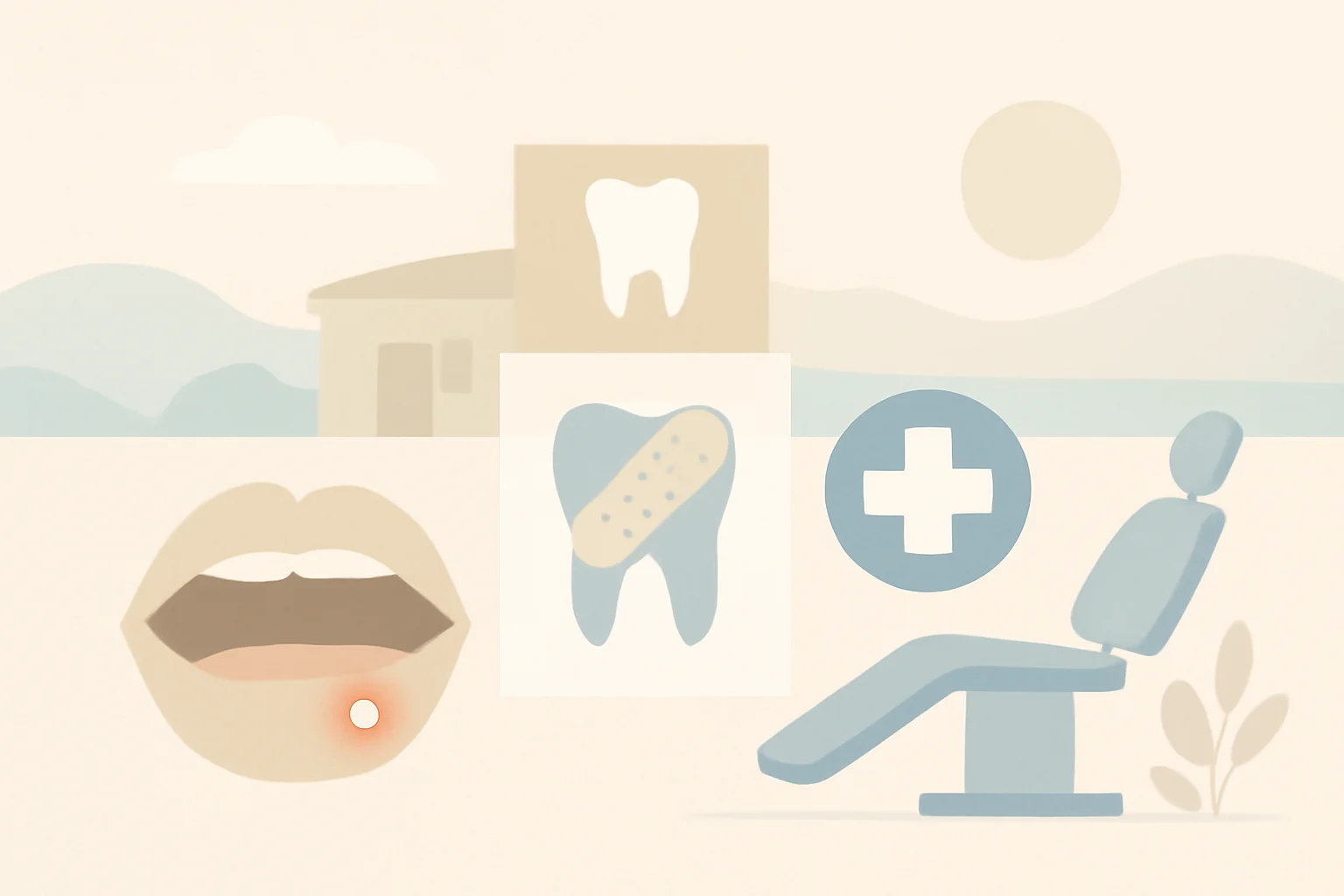
The effects of menopause and treatment options in women’s lives
The menopause is a natural biological process that marks an important stage in a woman’s life cycle. This period is associated with the end of the menstrual cycle, a decrease in ovarian function, and hormonal changes. Menopause typically occurs between the ages of 45 and 55, but it can happen earlier or later, depending on how a woman’s body responds to the changes.
Menopause brings not only physical changes but also emotional and psychological effects. Many women experience hot flashes, sleep disturbances, mood swings, or a decrease in sexual desire. These symptoms can vary in intensity and frequency, and they can also impact women’s quality of life. During menopause, women often face new challenges, and it is important for them to be aware of their options to make this period as pleasant as possible.
Although menopause often seems daunting, it is actually a natural process that provides an opportunity for women to transition into a new phase of life and explore new aspects of adulthood. With the right information and support system, women can successfully navigate this period and maintain their health and well-being.
The Stages of Menopause
The process of menopause can be divided into three main stages: perimenopause, menopause, and postmenopause.
Perimenopause is the stage when the ovaries gradually reduce hormone production. This phase can last for several years and may bring irregularities in the menstrual cycle, symptoms such as hot flashes, sleep disturbances, and mood changes. Women may often notice that their menstrual cycles become longer or shorter, and the amount of bleeding may vary.
Menopause officially occurs when a woman has not menstruated for 12 consecutive months. At this point, the ovaries no longer produce enough estrogen and progesterone, marking the end of the menstrual cycle. Menopause typically occurs around the age of 51, but many women may experience it earlier or later.
Postmenopause is the period following menopause, which lasts for the rest of a woman’s life. During this stage, hormonal levels stabilize, but changes in a woman’s body, such as an increased risk of osteoporosis and cardiovascular diseases, may occur. It is important for women to be aware of postmenopausal health risks and to participate in regular medical check-ups.
The Symptoms of Menopause
The symptoms of menopause vary widely, and not every woman experiences them to the same extent. One of the most common symptoms is hot flashes, which manifest as sudden, intense feelings of heat and are often accompanied by sweating. Hot flashes can also occur at night, leading to sleep disturbances. The quality of sleep may decline, resulting in fatigue and irritability.
Many women also experience mood swings during menopause. These are caused by hormonal changes and can affect a woman’s emotional well-being. Depression, anxiety, and irritability are common occurrences during menopause.
A decrease in sexual desire is also a frequent issue, which can be accompanied by vaginal dryness and painful intercourse. These symptoms can often hinder sexual activity, which may impact relationships.
Additionally, during menopause, women may be prone to osteoporosis, as bone mineral density decreases. The risk of cardiovascular diseases also increases, making it important for women to pay attention to healthy lifestyle choices.
Treatment Options for Menopause
There are several options available for managing menopause symptoms. Lifestyle changes, such as a balanced diet, regular exercise, and stress management, can play a key role in alleviating symptoms. Proper nutrition can help maintain hormonal balance, while exercise can improve overall well-being and sleep quality.
Hormone replacement therapy (HRT) is another option that can help alleviate menopause symptoms. This therapy works by supplementing estrogen and progesterone and can provide relief for many women experiencing hot flashes and mood swings. However, it is important for women to consult with their doctor before starting hormone replacement therapy, as there are various risks and side effects associated with it.
Alternative treatment methods, such as herbal medicine, homeopathy, and acupuncture, are also popular for managing menopause. These approaches can help alleviate symptoms, but it’s always important to use them under medical supervision.
Support groups and psychological counseling can also be beneficial during menopause, as they can help women understand and cope with the emotional challenges that accompany these changes.
The Role of a Healthy Lifestyle During Menopause
A healthy lifestyle is crucial for a smooth transition through menopause. A balanced diet helps maintain hormonal balance and reduce symptoms. It is recommended to consume plenty of vegetables, fruits, whole grains, and healthy fats. These foods are rich in nutrients, support the immune system, and contribute to overall well-being.
Regular exercise is also essential. Physical activity not only helps manage weight but also improves circulation, reduces stress levels, and increases energy levels. It is best for women to combine different types of exercise, such as aerobics, strength training, and stretching.
Stress management is also of paramount importance, as stress can exacerbate menopause symptoms. Meditation, breathing exercises, or even yoga can help reduce stress and maintain emotional balance.
It is important for women to participate in health screenings, as various health risks, such as osteoporosis and heart disease, may increase after menopause. Regular medical check-ups can help detect problems early and ensure women receive appropriate treatment.
This article does not constitute medical advice. In case of health issues, everyone should follow their doctor’s recommendations.

